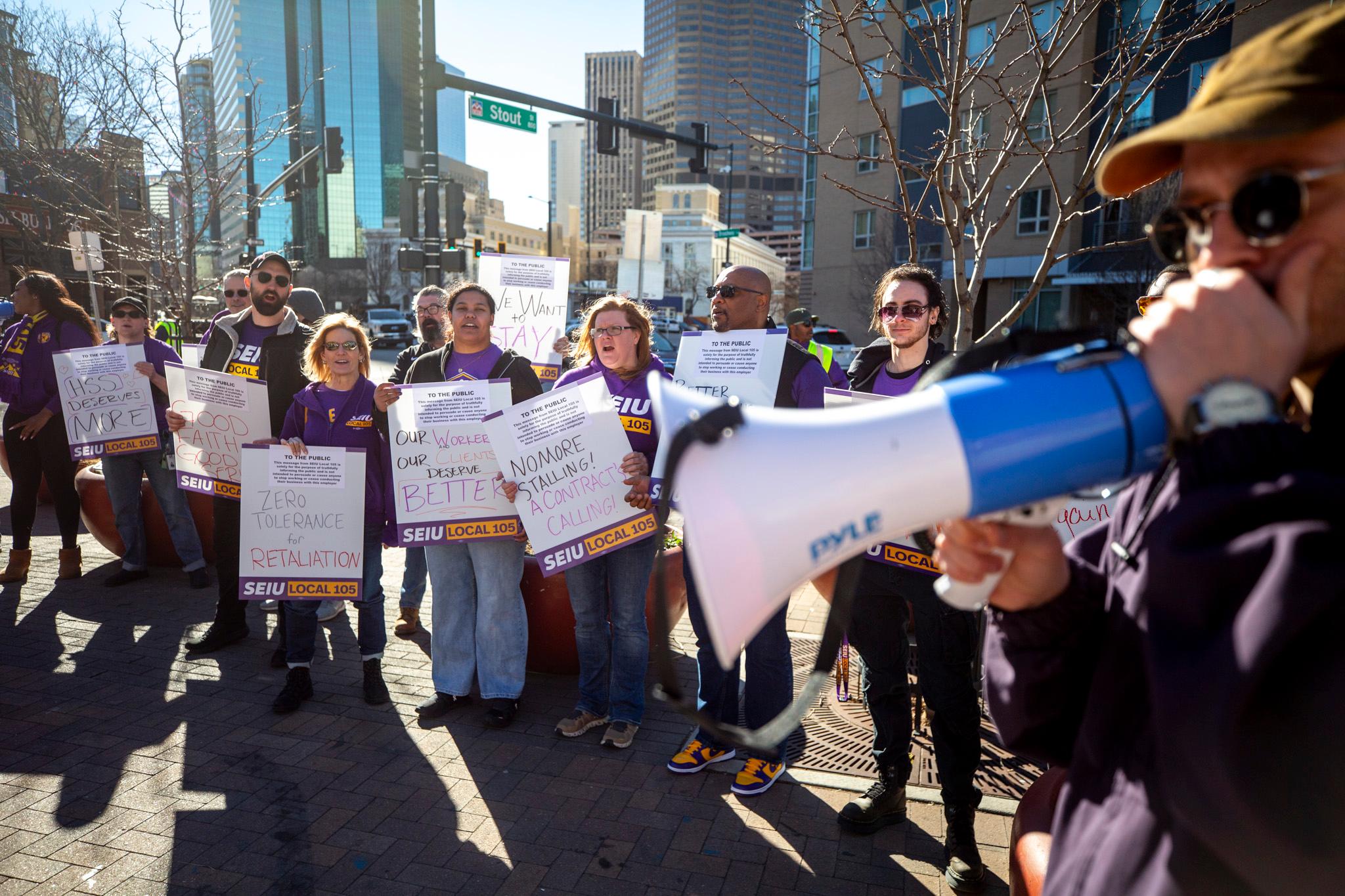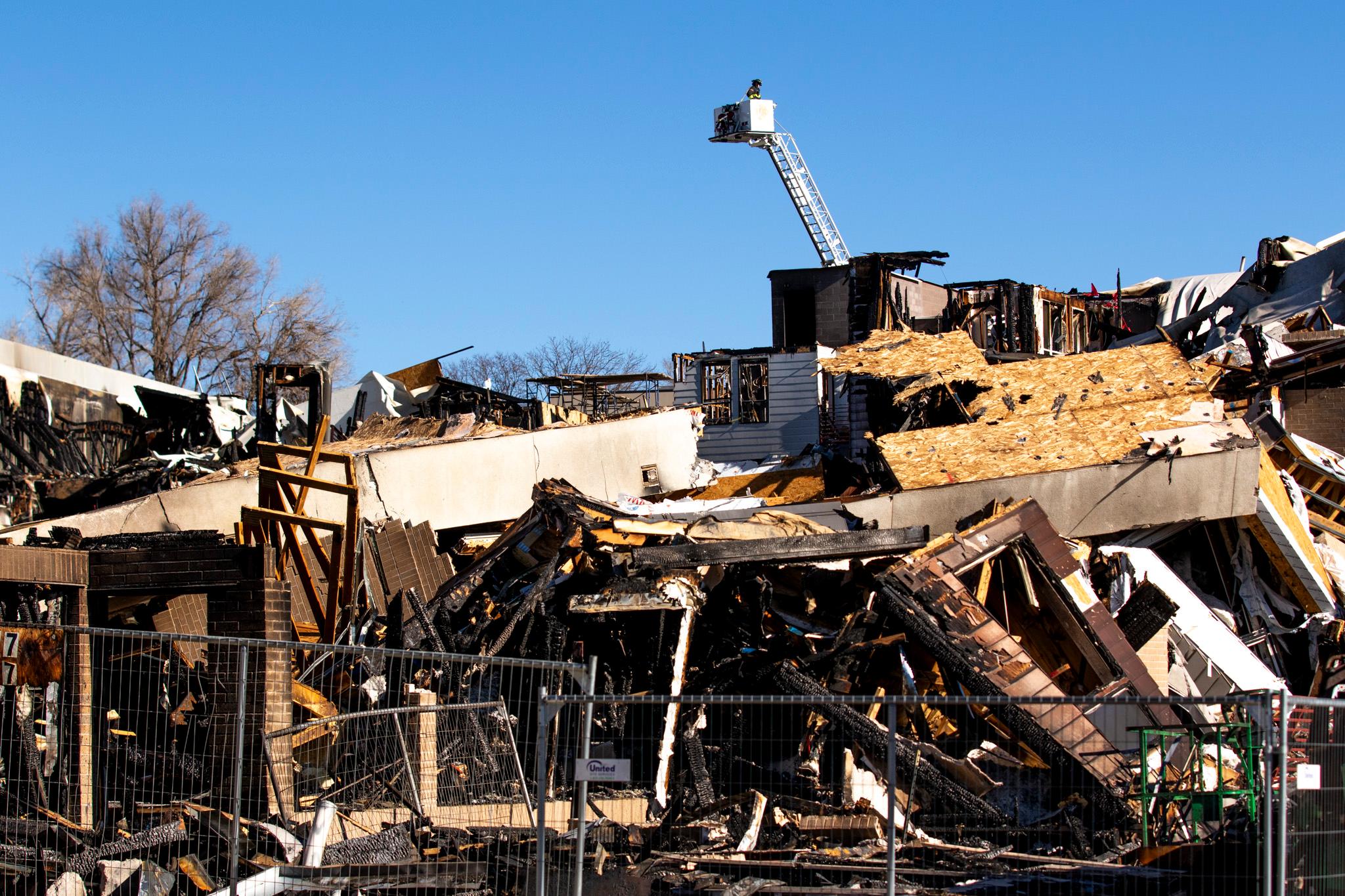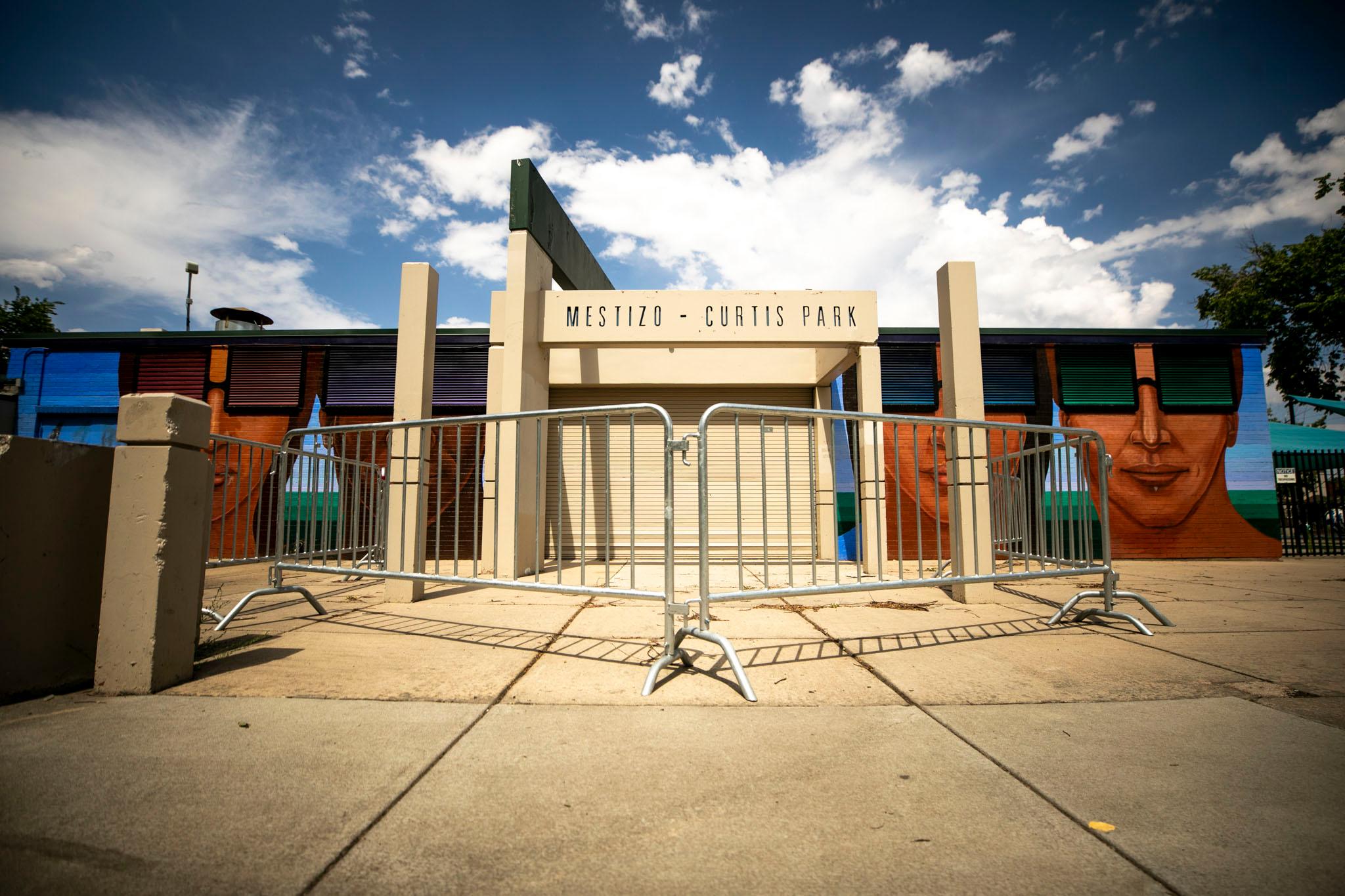Voters in 26 cities, towns and counties have opted out of a Colorado law that limits public broadband networks.

The law is SB 152, passed by the Colorado legislature in 2005. It effectively bans local governments from providing any kind of television or internet service -- unless they get permission from their voters first.
Gradually, governments around Colorado have been doing just that. Seven counties and 19 municipalities put it to a vote in Colorado this season, according to the Institute for Local Self-Reliance, a nonprofit that advocates for municipal broadband.
In Montezuma County and the town of Dolores, for example, the ballot questions this year asked whether the governments should be allowed to "investigate" the possibility of providing broadband "as a public utility or as part of a public-private partnership with taxpayer support for infrastructure," as The Journal explained.
The measures were approved in all 26 areas, ILSR reports, passing on average with 76 percent approval. That means that 95 local governments, including nearly half of the counties, have opted out of SB 152.
In some of these places, like El Paso County, advocates are hoping that the government will install the conduits that will get fiber-optic lines out to rural areas where private ISPs won't go on their own.
In Longmont, construction on the gigabit NextLight services is nearing completion. Of course, that doesn't mean municipal internet is coming to all these places -- but now they have permission to start.
The new opt-out governments are:
- Dolores County
- El Paso County
- Garfield County
- Larimer County
- Montrose County
- Montezuma County
- Teller County
- Arvada
- Aspen
- Basalt
- Black Hawk
- Breckenridge
- Carbondale
- Cripple Creek
- Dolores
- Golden
- Green Mountain Falls
- Hudson
- Lafayette
- New Castle
- Palisade
- Parachute
- Silt
- Superior
- Victor
- Woodland Park












